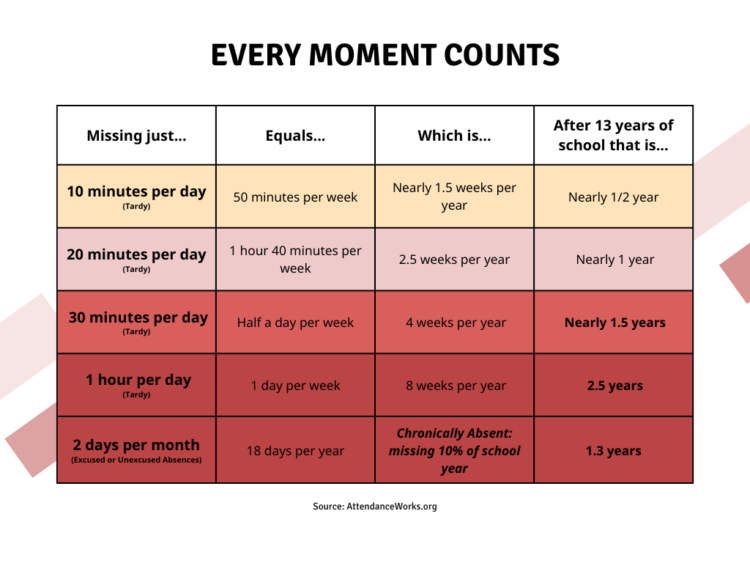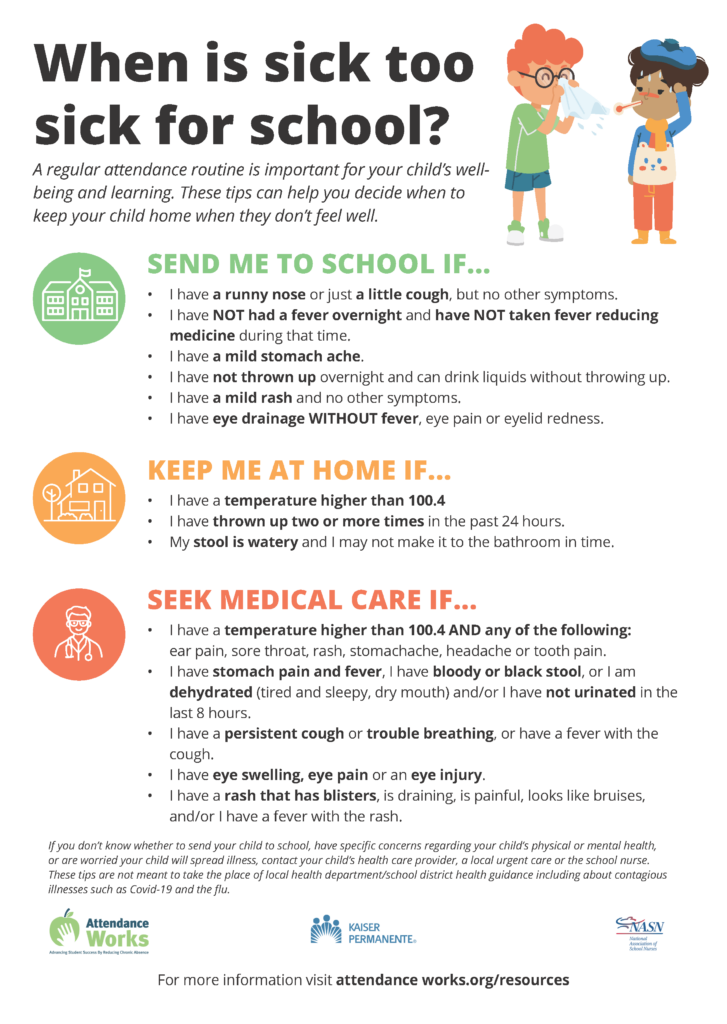- About
- Parents
- Attendance
- Backpack Mail
- Breakfast/Lunch Menus
- Calendar
- Communication
- Community Resources
- Enroll New Student
- Financial Assistance
- Health Services
- Kindergarten
- Parent Organizations
- PowerSchool
- Register Returning Student
- School Emergencies
- School Closings
- School Supply Lists
- Student Fees
- Student Handbook
- Students
- Schools
- Careers
- Staff





